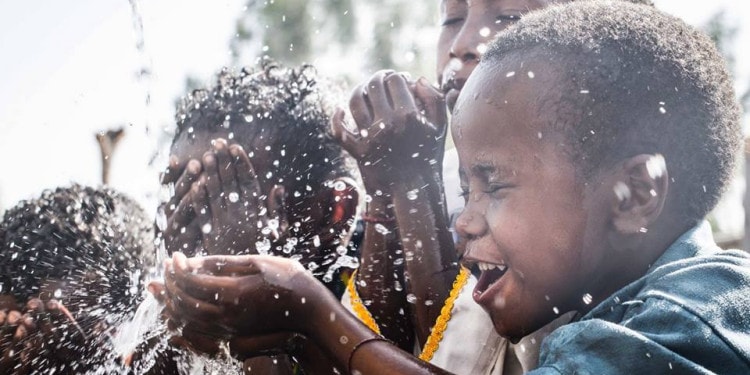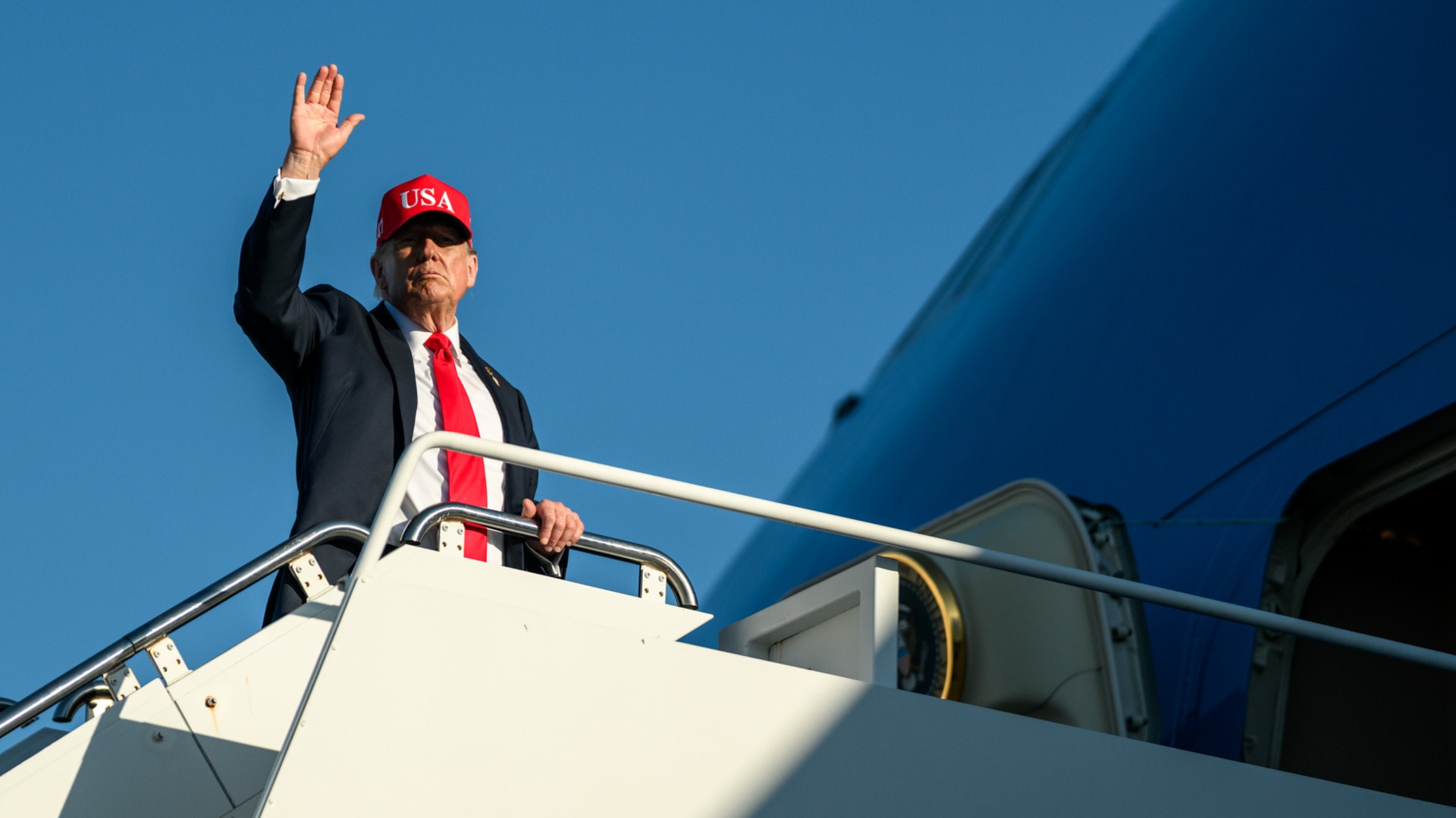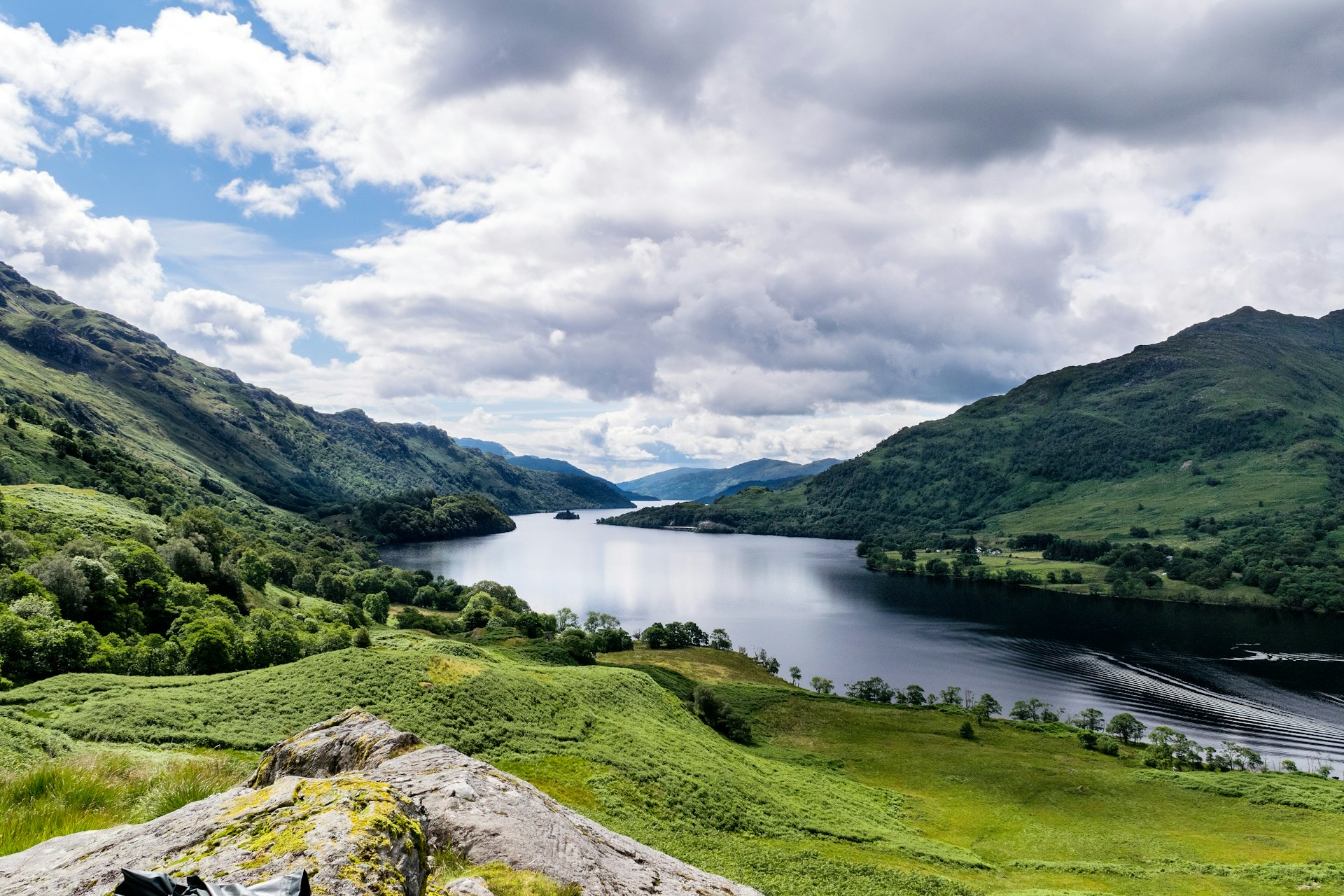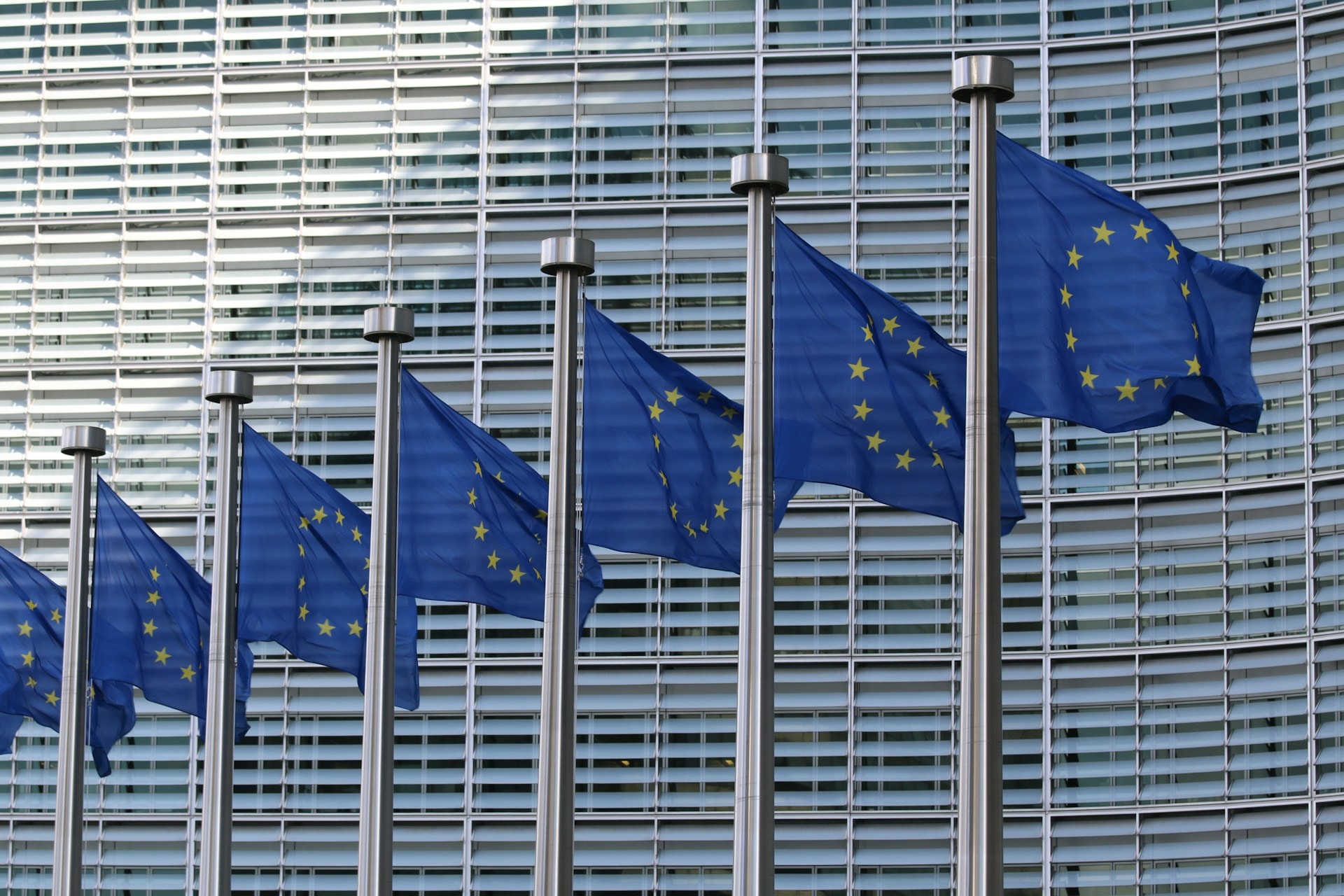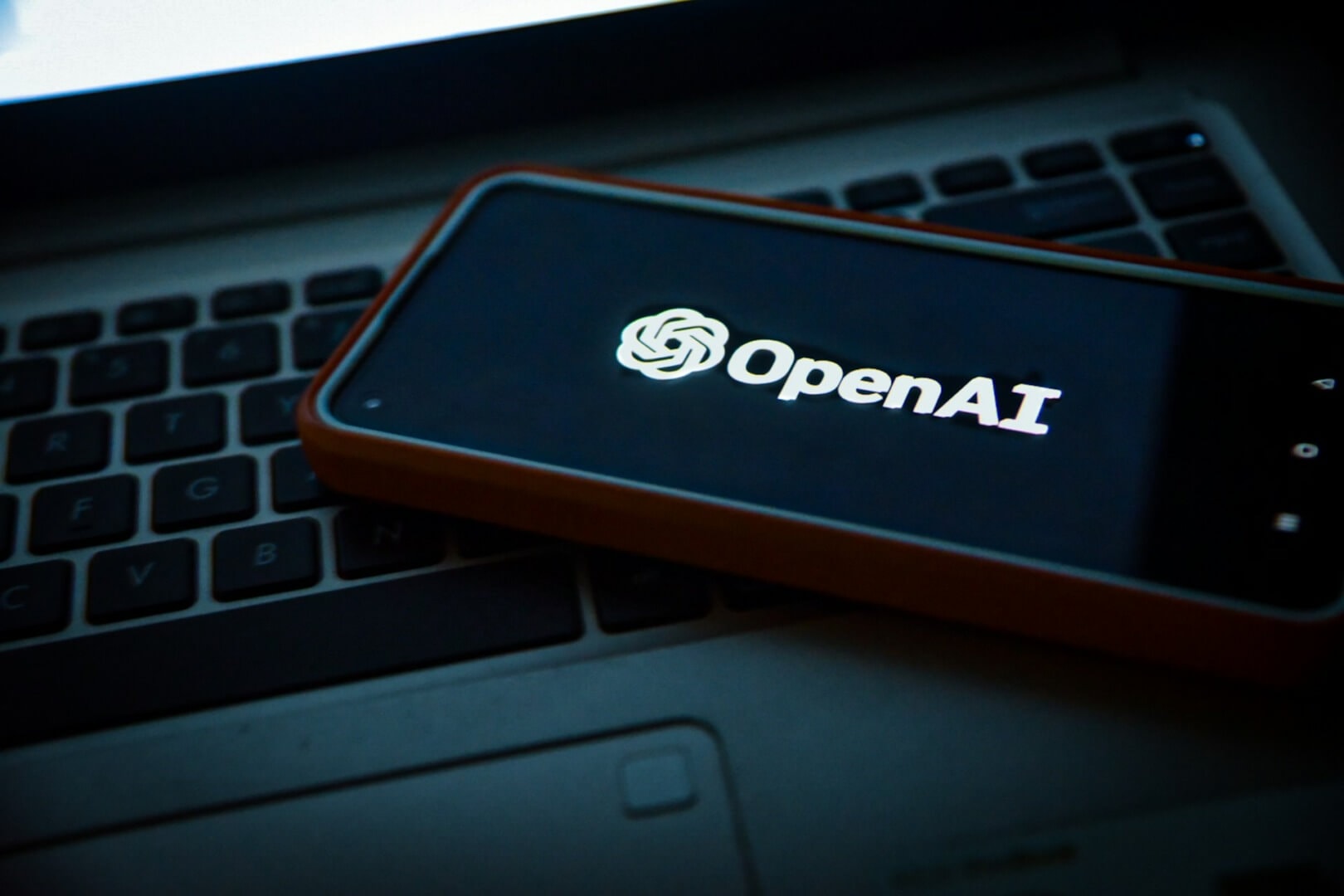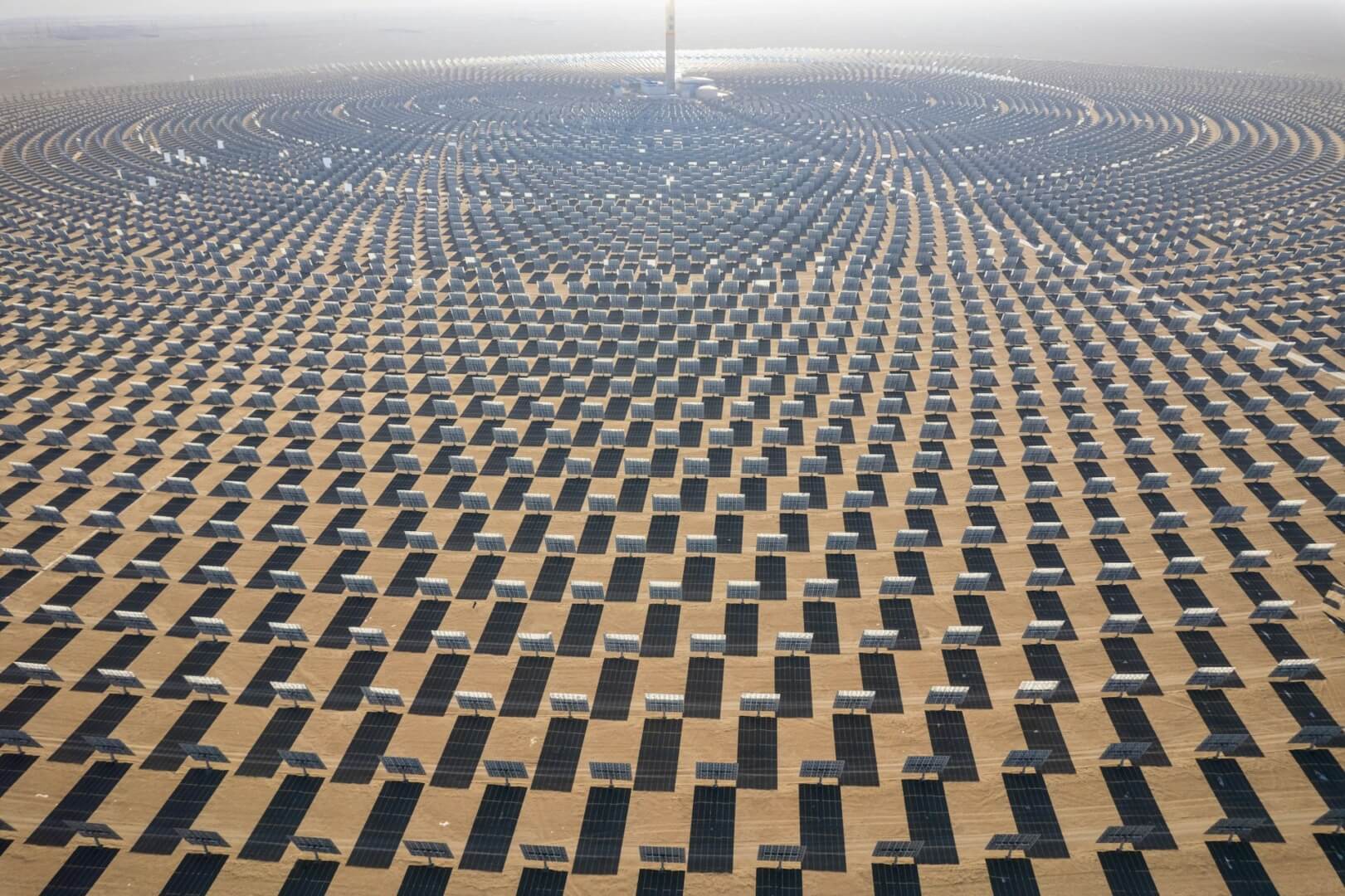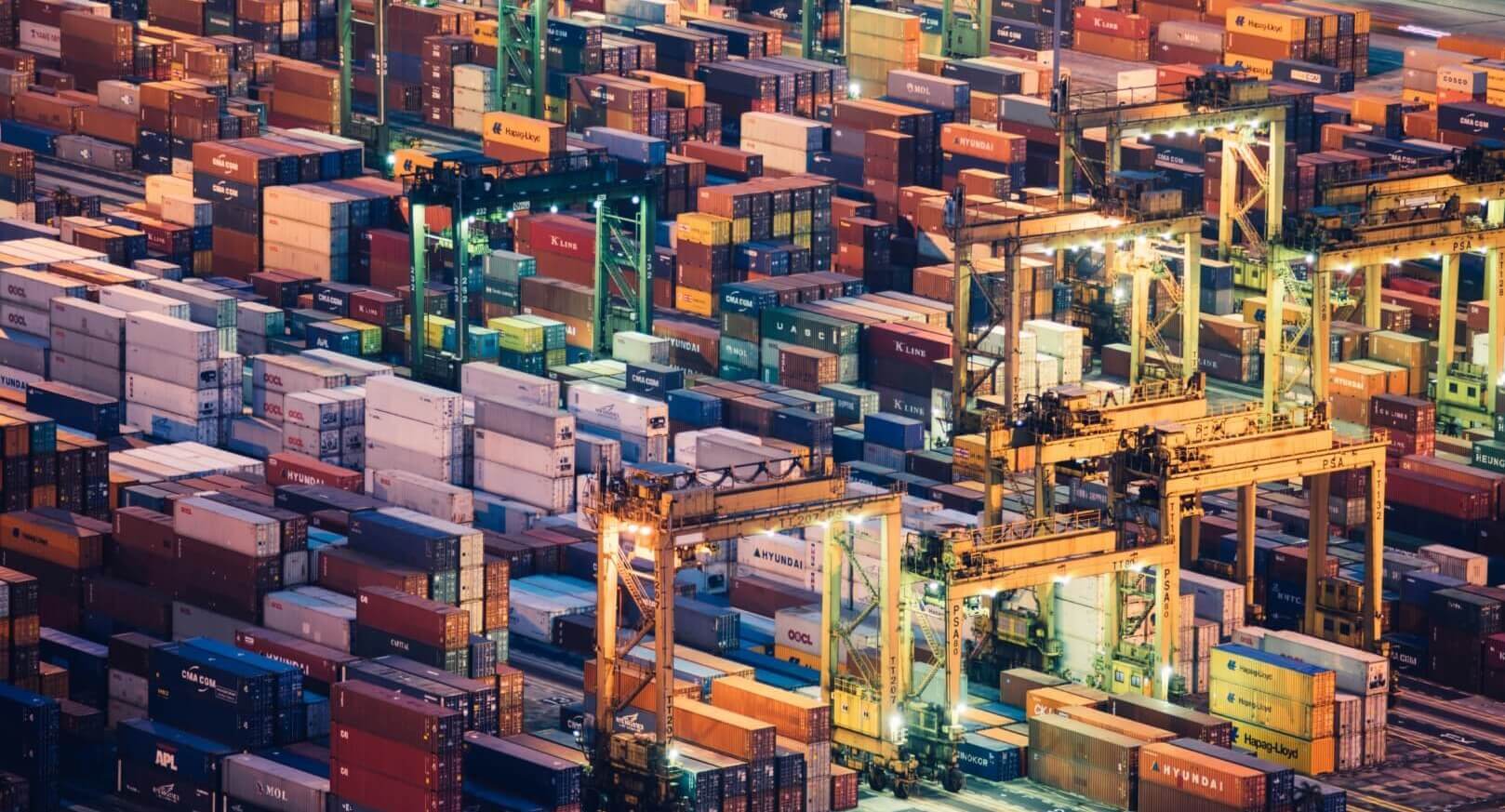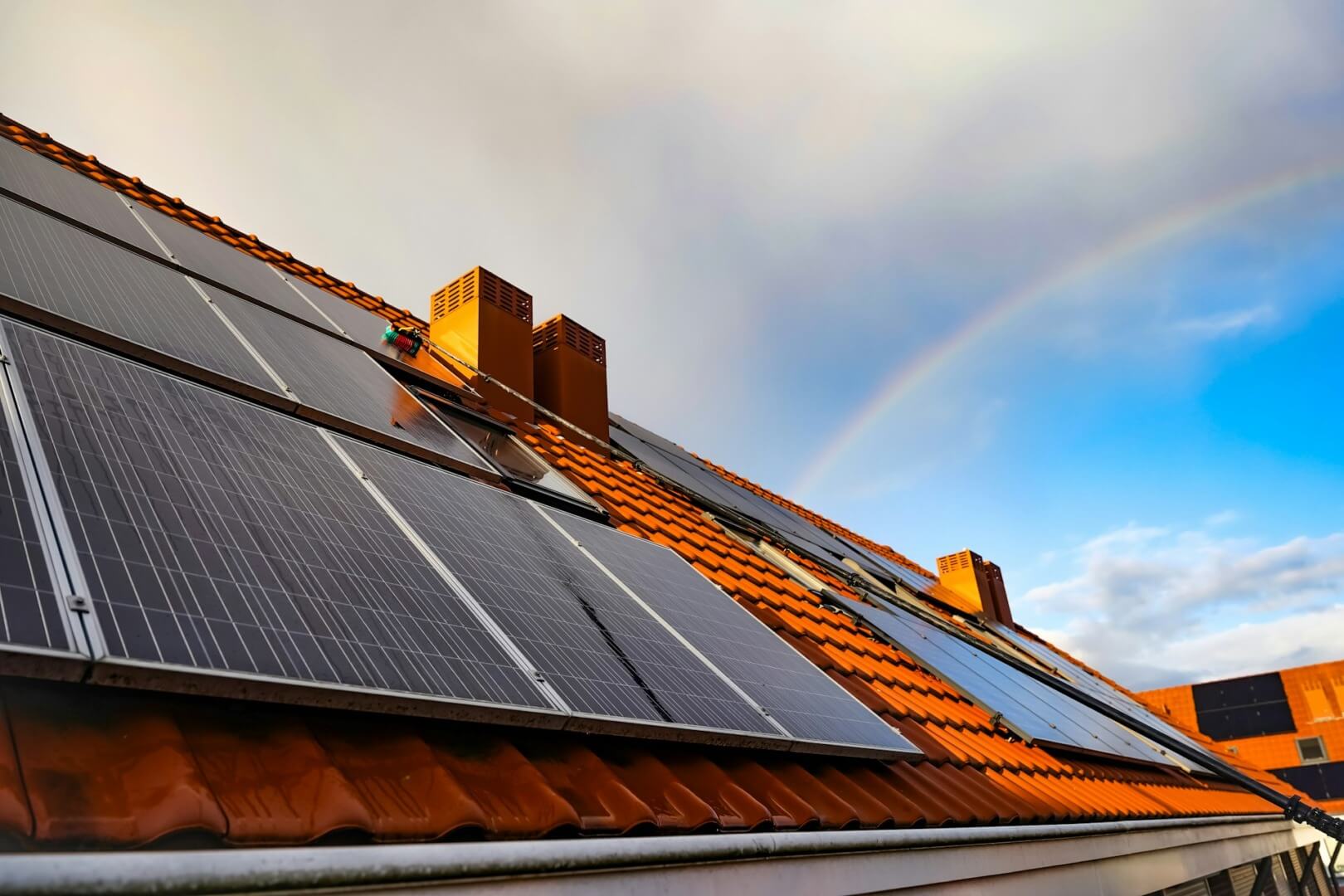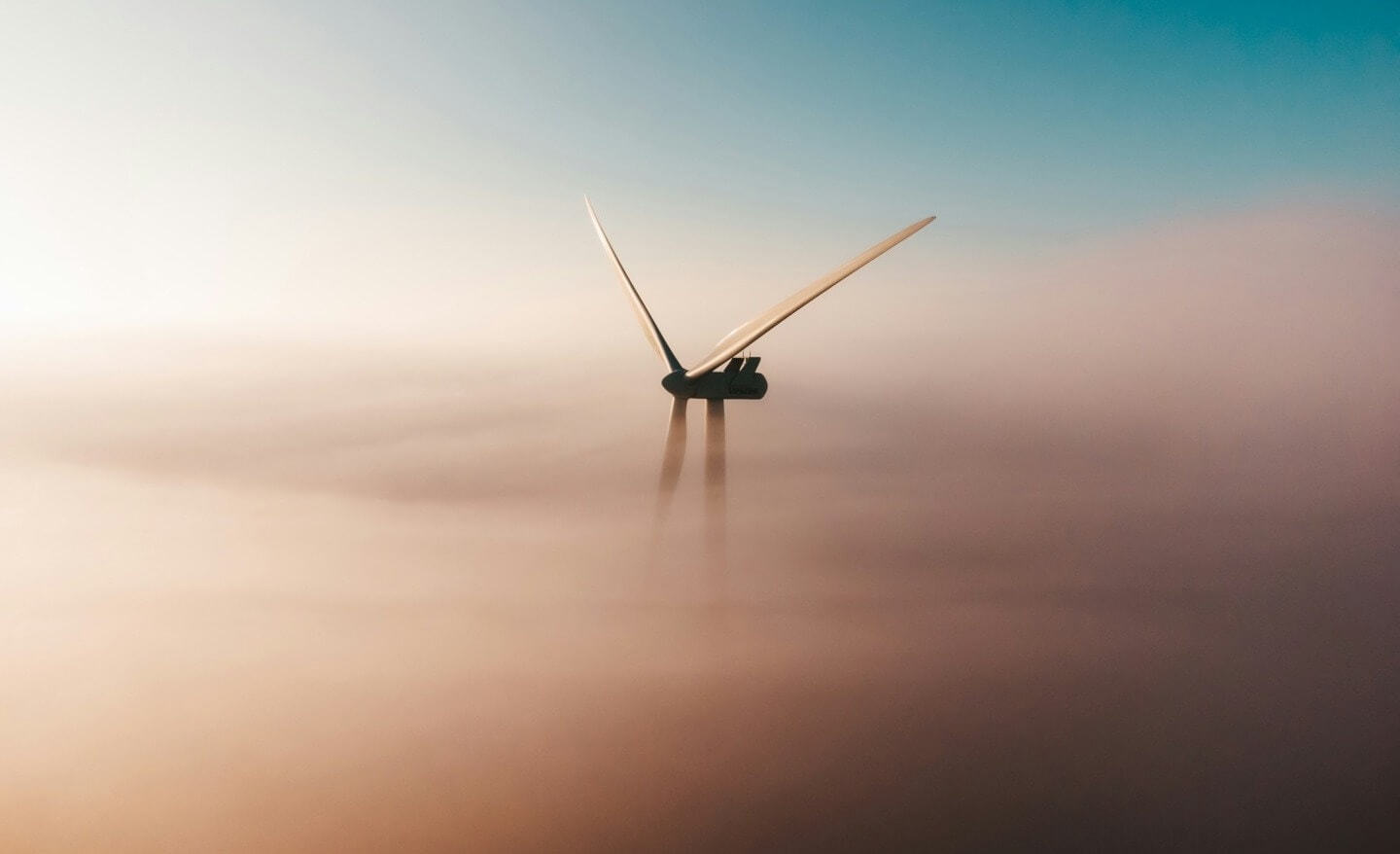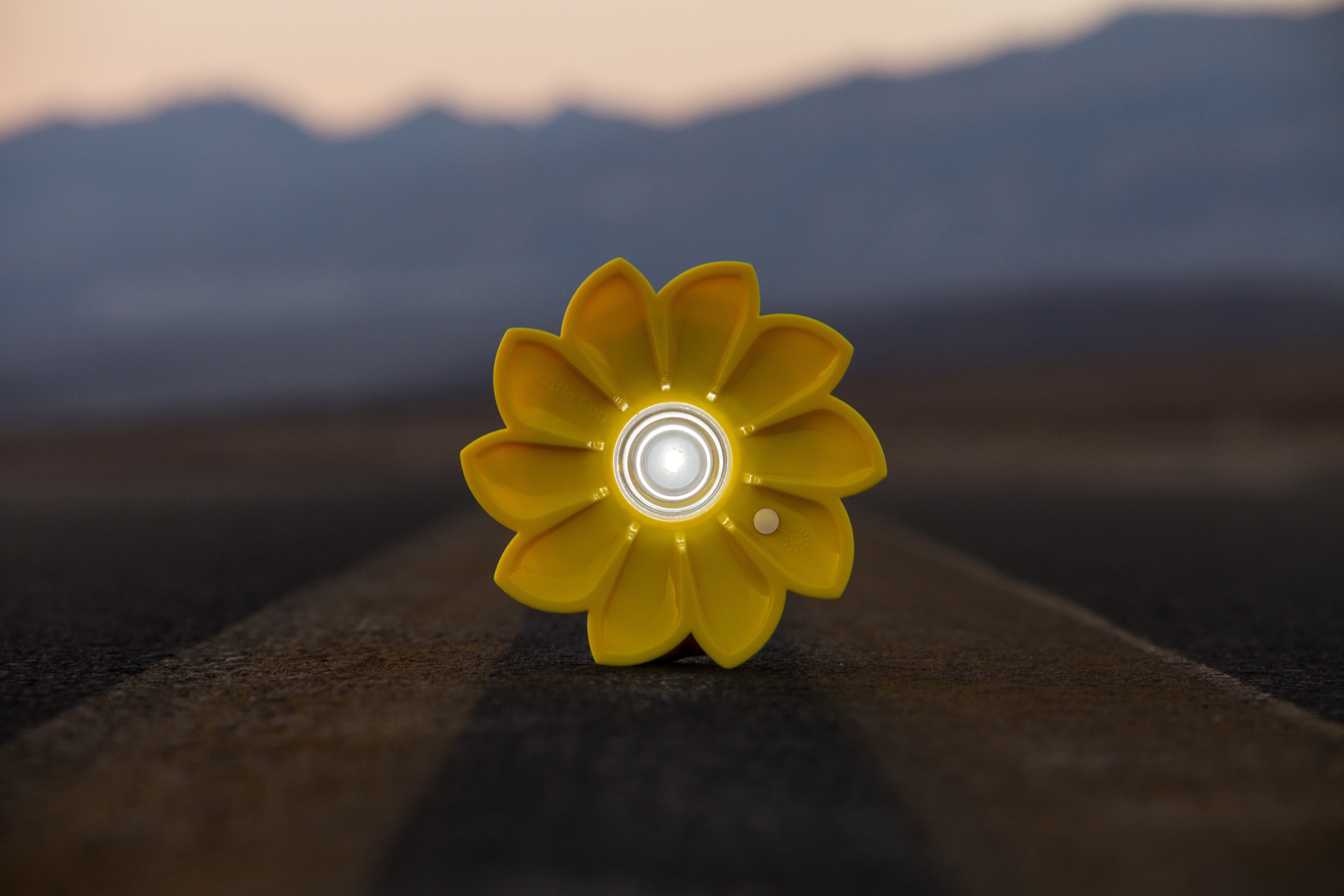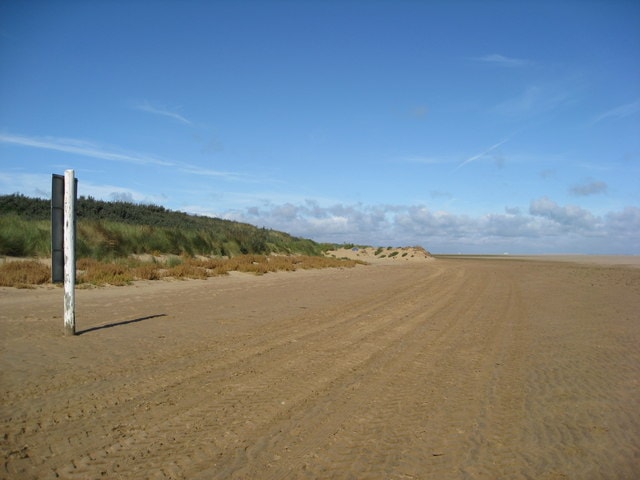Machiel Van Dooren is a social entrepreneur who has developed a double sided initiative for the provision of water in European countries and also developing countries in Africa. Machiel connects business in Europe to then deliver results in Africa with the development of bore holes and water connections.
Made Blue is the latest of Machiel’s business and social endeavours, aiming to raise awareness and enhance the branding of companies that align with Made Blue, whilst drawing out funding to create clean drinking water in Africa. Made Blue has already created over two million litres of clean drinking water in Africa, going a long way to help achieve SDG 6, clean water and sanitation. We spoke to Machiel to find out more on how Made Blue began, how it functions right now, and what the future holds for Made Blue.
Q: What are the origins of Made Blue?
The story started quite a while ago, about 15 years ago, together with my current partners Frank and Robin. We started venturing in Africa, working with various entrepreneurs helping them to make a better business, but also with local charities to help them generate their own income. We set up internet cafés with red cross in Ethiopia and Uganda as well as helping coffee farmers in Tanzania on Mount Kilimanjaro. In that time, we were really struck by the enthusiasm and drive of small-scale entrepreneurs and how you could blend business and charity.
About eight years ago when I became a parent I said ‘you know, what we want now is to travel less, but we still want to make an impact from the Netherlands’.
Taking a home base gave us another initiative in 2005/2006, we started a small venture named OCO 2 with WWF, based on carbon offsetting. We were the first Netherlands based initiative for companies to offset their carbon footprint and generate a positive impact. This brought us into a network with bigger companies, and a few of those companies started talking to us by 2013, about wanting to save water but also looking at storytelling to go with that. We started to convey the stakeholders enthusiasm to save water. Out of these conversations Made Blue was born in 2014.
The essence of made blue is a promise to turn every 30c that is being donated to the program into one thousand litres of clean drinking water in developing countries.
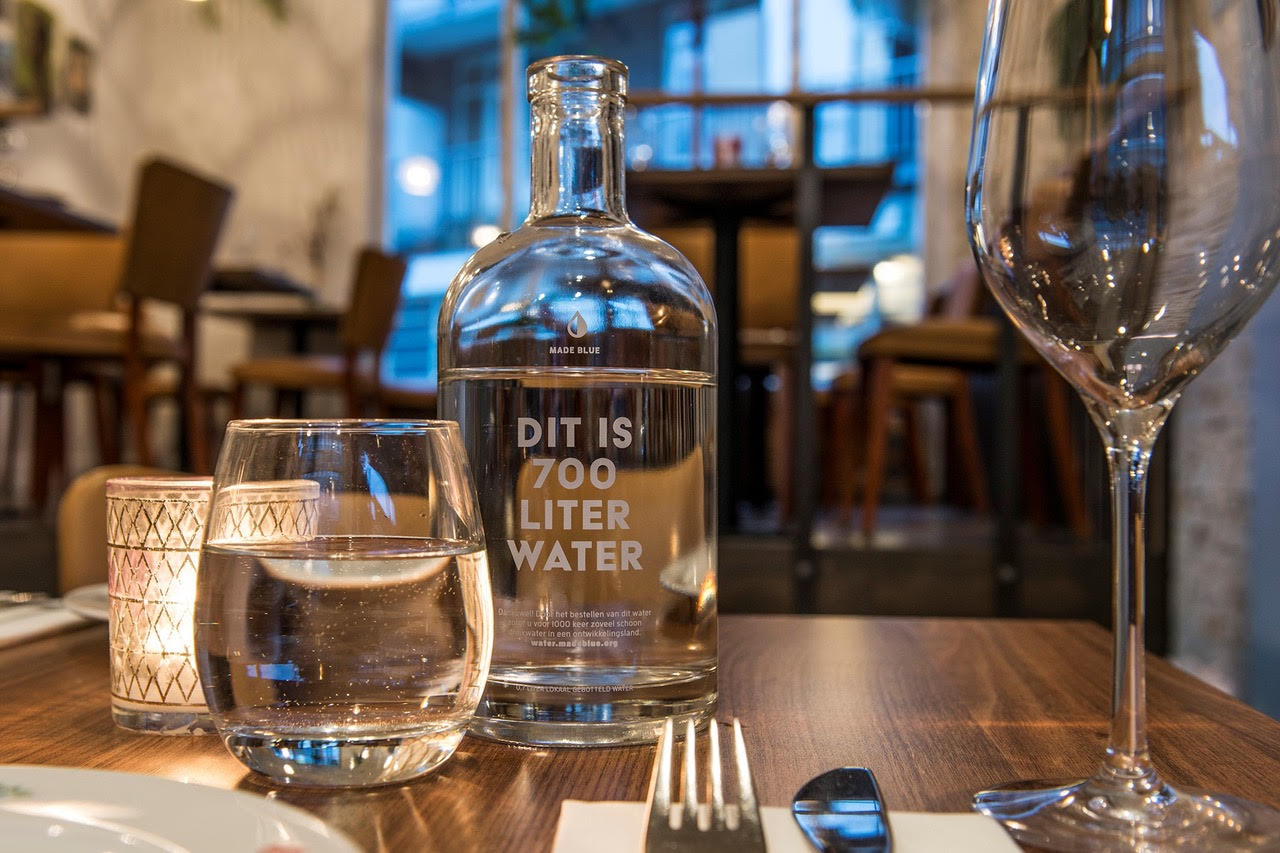
In the photo: Made Blue water Photo credit: Made Blue
Q: Why is your water sustainable, how is it different from picking up a bottle of water from the supermarket shelf?
We have developed a program, an offering, to restaurant owners to install a machine in the bar or kitchen that filters, cools and carbonates tap water. We provide beautiful bottles and for a donation of 30c per litre, we ensure one thousand litres of water provided elsewhere on the planet.
With restaurant owners bottling their own water, in respect of sustainability, they are making a huge step forward, especially in the Netherlands but also in more and more European countries where tap water is of excellent quality. So, when you add an extra filter to your equipment you can provide your own tasty tap water at nice temperature, and if you want, with a sparkle added to it.
This prevents all the transportation costs to the environment, such as hauling Italian water and Fijian water across the continent to England. Often the same quality of water originates from the soil right beneath you.
So, it’s transport, it’s the packaging, a general reduction across all the costs that go into delivering the bottled water you may enjoy from a supermarket shelf.
Related article: “INDIA’S TWIN CHALLENGES EN ROUTE TO WATER SUSTAINABILITY” by Prerana Manvi
Q: Can you tell me about your different levels of filtration?
As standard, we don’t provide filtration because in a number of places the water that comes from your tap is of excellent quality so the only thing you have to do is control the temperature and if you want, carbonate it.
Also, we can add an active carbon filter which filters out any abnormalities with regard to taste and scent. This is our standard filter which guarantees the perfect taste and smell or, no taste and no smell because with water that is actually what you want.
Q: Please tell me about your initiative in deeper detail, how does your business connect to your water projects?
Made Blue is a two-sided initiative; on the one side, we collect donations from participating restaurants and companies and then in return, we provide stories on how they are water saving, and how the water they are serving in restaurants provides clean water elsewhere, where it is needed.
On the other side, all the donations we collect are being invested currently in a portfolio of 7 different water projects we have developed in 6 countries across the globe. We invest in hardware, so with the funds we collect we drill holes, usually at great depth, in the region of 200-300 meters. Then we install pipelines and water taps in the village centres, schools and hospitals.
We can measure the water output which lets us guarantee that all the money we invest delivers the amount of water we promise it delivers.
We are constantly steering and scaling our most effective projects, making sure that every 30 cents collected, at least delivers 1000 litres of water in the time span that we think is a minimum guarantee of protected life time.
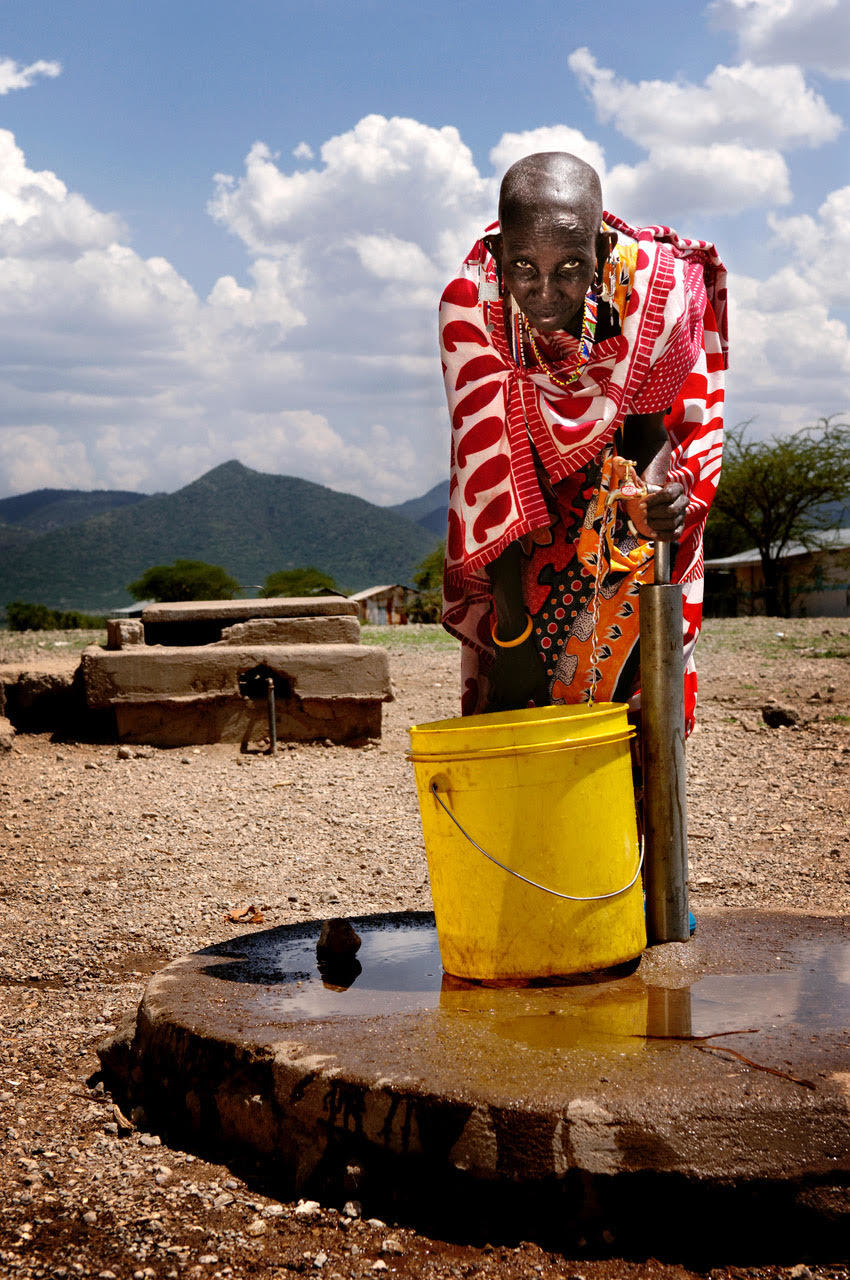
In the photo: Seeing the benefits of a Made Blue installation Photo credit: Made Blue
Q: I am shocked that 30c in donation can translate to one thousand litres of clean drinking water.
Yes! That is the reaction of most people. Here in Europe we have rather complex water systems because we are living with a lot of people in densely populated areas which requires for the water companies to not only bring the water to the households but also take it back, recycle it, clean it and again deliver it to industry or to households. Whereas, for example, in the north of Ethiopia we are drilling at three hundred meters of depth to then install pipelines, connect 5-6 villages per bore hole and let nature do its work bringing the water back to the original source. And that might take eight to ten years, but it doesn’t matter that much because the area is not very densely populated.
Nature has enough capacity to recycle the water over a longer period of time. Amsterdam would probably run out of water in 7 days, because nature cannot keep up with the demand.
We are providing very rigid one-way water systems and we bring taps to communities. We place a few taps at the village centre but we don’t connect to every household. These factors combined explain why it is that we can deliver 1000 litres for only 30c.
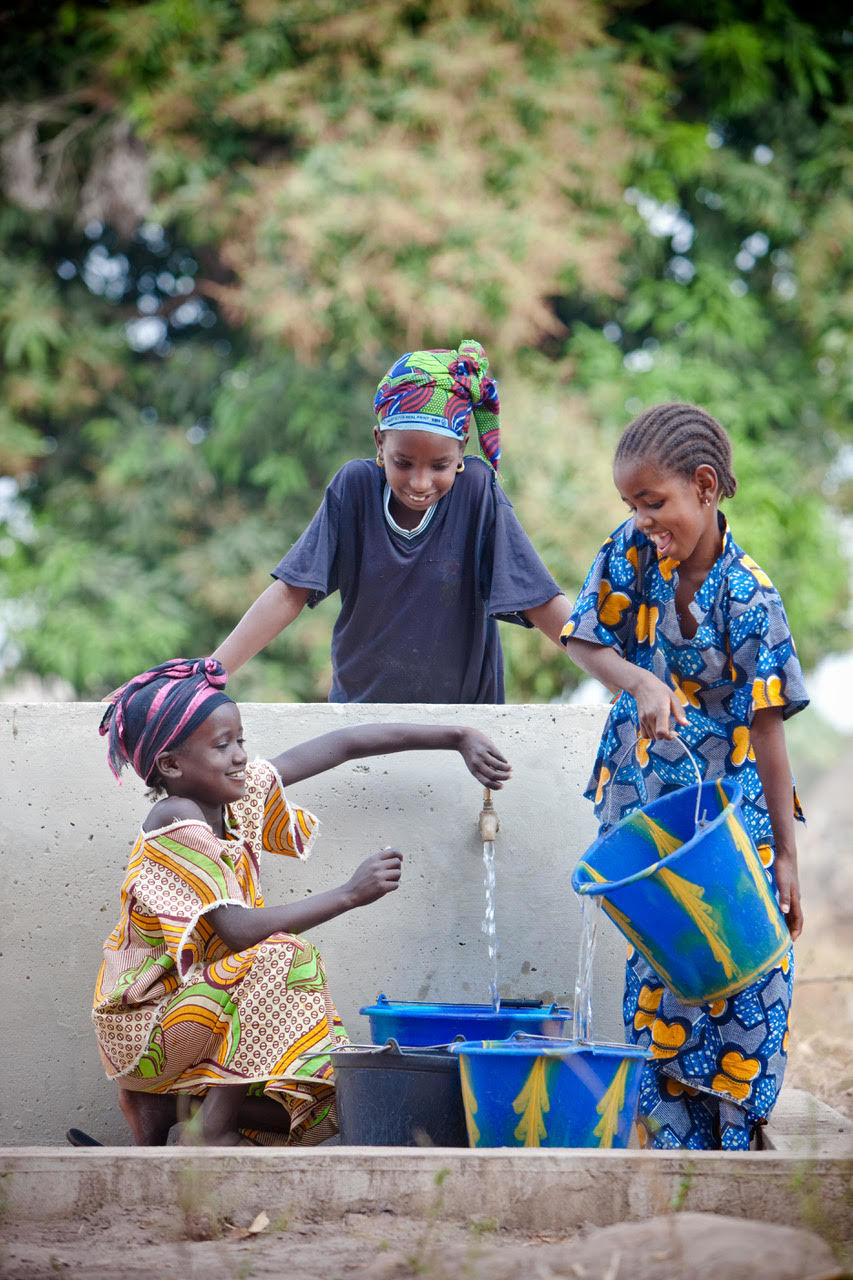
In the photo: Tacko Mballo, 7yrs (blue with yellow flowers), Marietou Balde, 9yrs, (black) and Fatou Balde, 7yrs, at water pump, Sare Boulel village Photo credit: World Vision Canada
Q: What are the next steps for you and Made Blue?
We started three years ago with this program and have developed good reach in the Netherlands, and the surrounding countries in Europe. In those years, we have proven our effectiveness and also the value we create for all partners involved.
As of next year, we will be focusing on how to grow and to scale towards other European countries, and eventually build a sustainable mechanism that really generates a significant amount of money to be invested into clean water projects.
EDITORS NOTE: The opinions expressed here by Impakter.com columnists are their own, not those of Impakter.com


